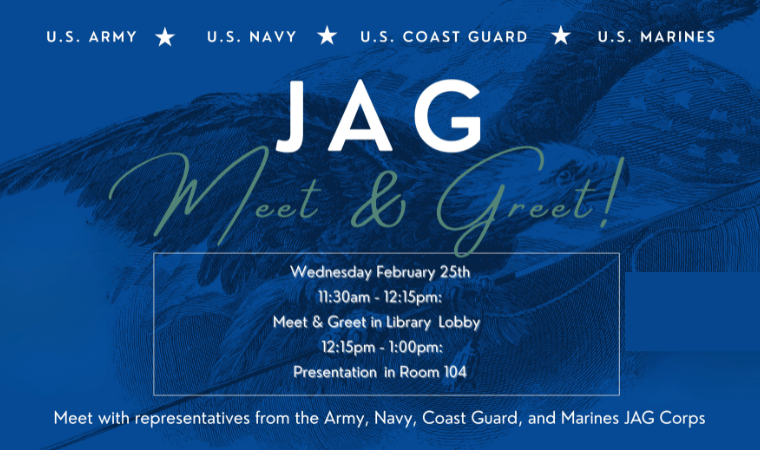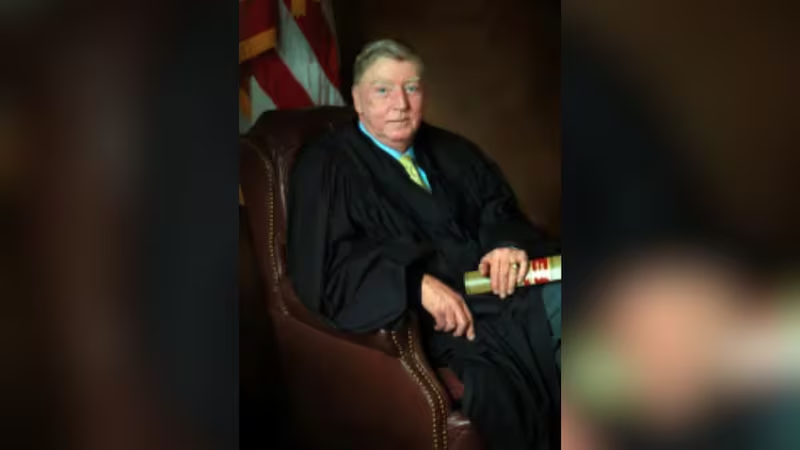Charleston School of Law faculty is rated Top 10 in the nation by The Princeton Review for “student accessibility” and “quality of teaching.” Our faculty is renowned for their scholarship. Here is the latest published research news for September 2025:
Abstract:
This article revisits Morton A. Kaplan and Nicholas deB. Katzenbach’s 1959 conclusion that international law’s restrictions on the preemptive use of force would never meaningfully constrain state behavior. Writing in the context of a Cold War “loose bipolar” system, Kaplan and Katzenbach doubted the U.N. Charter’s force prohibitions could endure in the face of geopolitical realities. More than six decades later, their skepticism invites renewed scrutiny considering the Trump Doctrine and recent U.S. military actions. This article situates their argument historically and doctrinally, tracing the evolution of anticipatory self-defense from the nineteenth-century Caroline Doctrine to the Bush Doctrine’s embrace of preventive war and, ultimately, to the Trump administration’s informal “America First” unilateralism.
Drawing on case studies—including the April 2017 U.S. strikes in Syria, the Trump-era engagement with North Korea, and the June 2025 joint U.S.-Israeli attacks on Iranian nuclear facilities—the article explores how contemporary practice both affirms and undermines Kaplan and Katzenbach’s conclusion. On one hand, powerful states continue to treat law as an obstacle to navigate rather than an absolute constraint; on the other, the widespread condemnation of the Iran strikes suggests that normative commitments to the Charter remain stronger than Kaplan and Katzenbach envisioned. The analysis argues that if they were writing today, Kaplan and Katzenbach would likely temper their pessimism, acknowledging both the progress in codifying and enforcing legal restraints and the persistent tension between legal norms and strategic necessity. Ultimately, this article contends that the future of the U.N. Charter regime depends not only on reaffirming the centrality of legal standards but also on confronting the realities of great power politics—a challenge that underscores the enduring relevance of their inquiry for contemporary international law. This debate matters now because the credibility of the international legal order—and the viability of the Charter system itself—hangs in the balance as states increasingly justify force on grounds that strain or sidestep existing norms.
Abstract:
This article constructs the concept of “equitable takings”—a new term-of-art to describe judicially crafted doctrines or decisions that result in a de facto redistribution of property interests without formal legislative authorization or compensation. It argues that the normative foundations of these “equitable takings” are insufficient to justify their growing influence in property law. This article examines key judicial decisions, surveys scholarly perspectives, and offers a critical evaluation of the principles that courts invoke to justify these takings. It ultimately contends that these “equitable takings” risk undermining both the rule of law and the stability of property doctrine. Equitable remedies that reallocate property rights should follow standards that answer the questions “why?” and “what for?”—standards that are clear, predictable, and consistent, and that are the result of democratic process. In three appendices, this paper offers proposed legislative language to clarify when civil courts may redistribute property rights for equity reasons. Courts may still resolve disputes in equity, but if an equitable remedy is without legislative authorization, then it would be an “equitable taking.” Recognizing equitable takings as judicial overreach allows us to have the conversation about when we should allow equitable remedies to reallocate property rights, and when instead these equitable remedies “go too far.”

Charleston School of Law Career Services will host a JAG Corps Meet & Greet and Informational Session next Wednesday from 11:30 am to 1 pm.

Charleston School of Law and The Citadel are pleased to announce a special joint event celebrating the distinguished service and legacy of The Honorable Judge Malcolm Howard.
